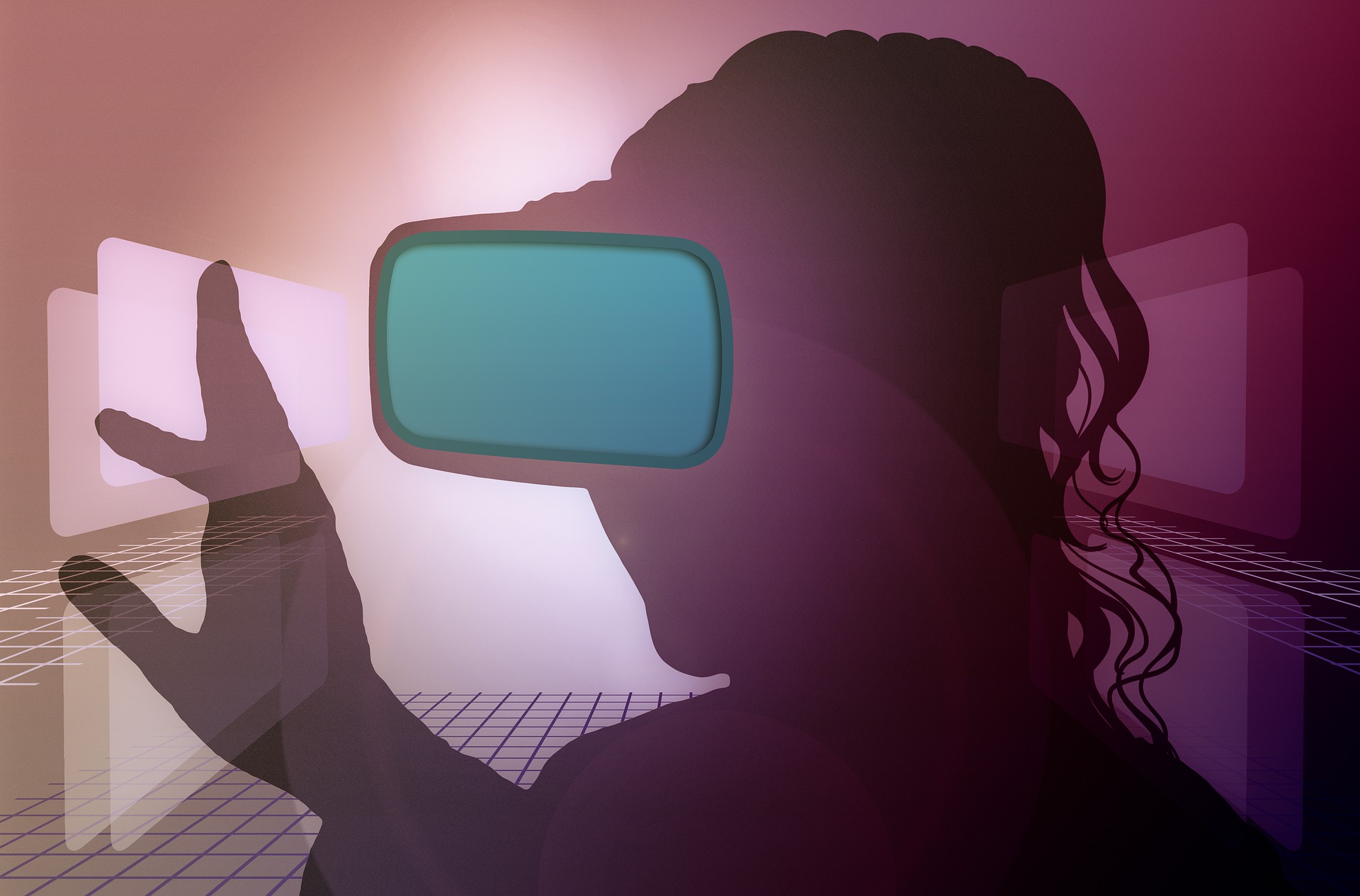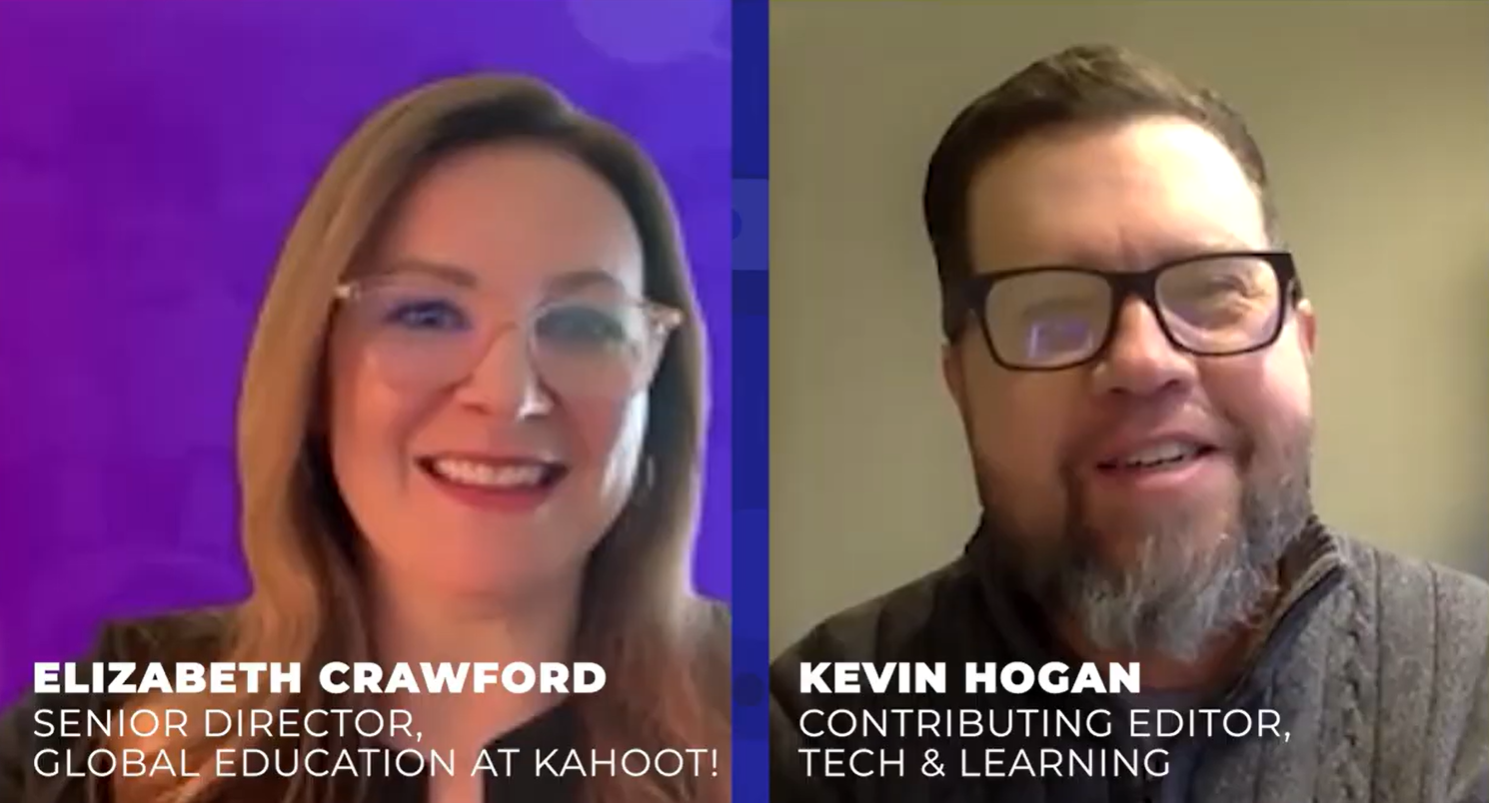7 New Metaverse & VR Education Tools to Watch
Some new metaverse for education and VR tools that have recently caught the eye of award-winning educator Phil Hintz

Tools and ideas to transform education. Sign up below.
You are now subscribed
Your newsletter sign-up was successful
Phil Hintz, director of student information at the Barrington 220 School District in Illinois, is studying for his doctorate how metaverse-style immersive technologies can be used to teach students with intellectual disabilities.
An early adapter and enthusiast of virtual reality (VR), augmented reality (AR), and other types of immersive technology, Hintz recently attended ASU+GSV summit in San Diego. At the conference, he was struck by several metaverse for education applications currently available or in development.
1. Floreo
This edtech company develops VR experiences designed to teach social, behavioral, and life skills to neurodiverse students and individuals. As a parent of a child with Down syndrome, Hintz knows that neurodivergent students often encounter life situations that they are unprepared for, such as being questioned by a police officer or having to interview for a job. Floreo creates VR simulations that allow students to practice those social interactions, Hintz says.
2. Strivr
Strivr is another company that specializes in creating VR trainings that utilize metaverse-ready technology. Students can learn skills across various fields, including technology, sports, finance, and many more.
“These products [are] finally getting to the point where they can help an everyday person but also people with special needs, and then also people who are already highly skilled,” Hintz says. “So the whole gamut of the type of learner, there is a VR and Metaverse experience waiting for those people.”
3. Dreamscape Learn
Dreamscape Learn is a collaboration between Dreamscape Immersive and Arizona State University that merges high-quality pedagogy with emotional storytelling. The tool includes immersive courses and software for creating metaverse-style experiences. Hintz is impressed both with the product and the work Dreamscape Learn is doing to make the metaverse more accessible by offering grants for schools to get needed VR equipment.
Hintz says that educators don’t always need the best of the best when it comes to VR tools. “We don't need the Cadillac. We just need the on-ramp,” he says.
Tools and ideas to transform education. Sign up below.
4. Labster
Labster offers more than 300 virtual science simulations designed to inspire students in an interactive immersive lab that teaches them important STEM lessons.
“They empower the next generation of scientists,” Hintz says. This makes learning science more accessible and it can also make it more engaging. Currently, Labster offers resources for high school and higher ed students.
5. InspiritVR
Another VR company dedicated to science, InspiritVR helps educators build their own virtual reality laboratory. The tool is billed as “built for teachers by teachers,” and that can be seen in the product.
“It is an affordable and easy-to-use tool for making engaging, immersive science experiences for all,” Hintz says. The resource also has a free portion available for educators who create an account.
6. OssoVR
This company specializes in surgical training and assessment for medical professionals. Its goal is to make surgical training more efficient and effective.
Hintz says the company is a fascinating example of metaverse technology making education more accessible. Healthcare students who use OssoVR don’t need to operate on a cadaver and can make mistakes and improve in a less high-stakes environment.
7. Zoe Immersive
Zoe Immersive allows educators to quickly create interactive 3D scenes on the Meta Quest Platform, Hintz says. It’s easy to see the potential of these interactive virtual reality experiences and Zoe Immersive comes with education templates including templates for special education, game design and program, sciences and arts design, language learning, and social studies.
To share your feedback and ideas on this article, consider joining our Tech & Learning online community here
Erik Ofgang is a Tech & Learning contributor. A journalist, author and educator, his work has appeared in The New York Times, the Washington Post, the Smithsonian, The Atlantic, and Associated Press. He currently teaches at Western Connecticut State University’s MFA program. While a staff writer at Connecticut Magazine he won a Society of Professional Journalism Award for his education reporting. He is interested in how humans learn and how technology can make that more effective.

